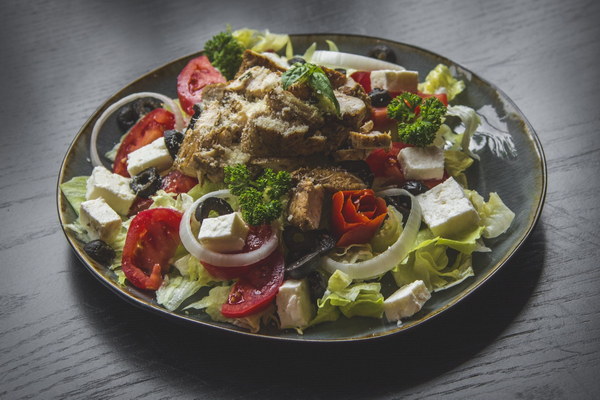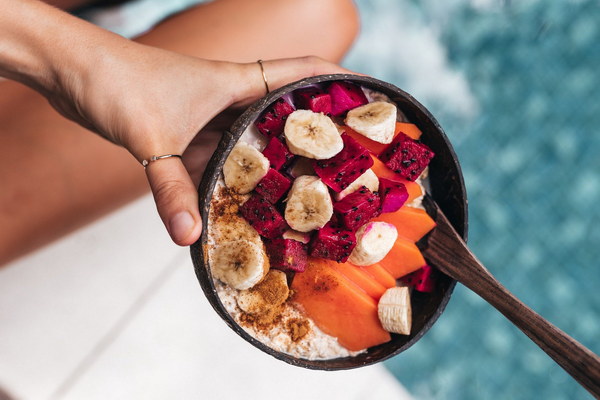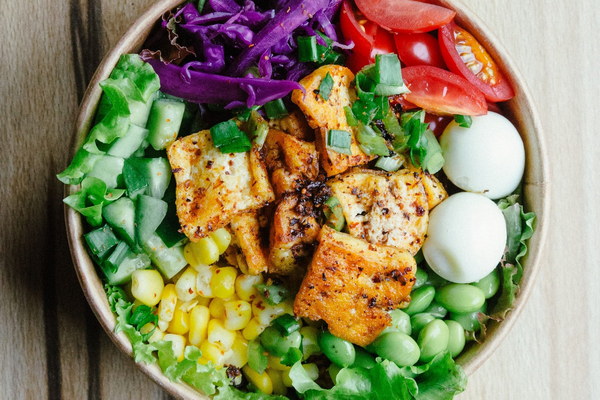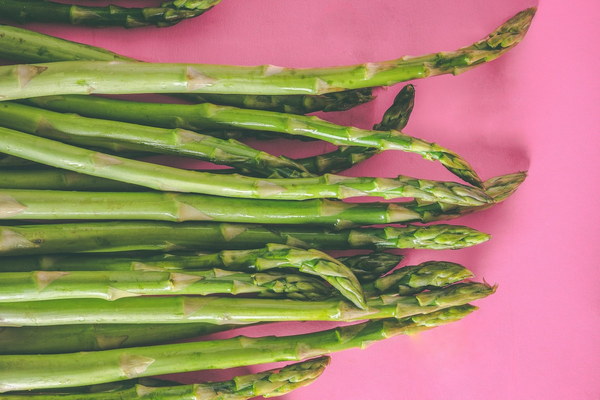Essential Nutritional Tips for Pregnancy How to Boost Your Health and Your Baby's Development
Pregnancy is a time of significant change and growth for both the mother and the developing fetus. Ensuring proper nutrition during this period is crucial for the health of both. In this article, we will discuss essential nutritional tips for pregnancy, focusing on how to boost your health and support your baby's development.
1. Increase Caloric Intake
Pregnant women need to consume an additional 300-500 calories per day to support the growing fetus. However, this does not mean eating for two. It's essential to focus on nutrient-dense foods that provide the necessary calories without excessive fat or sugar.
1.1. Complex Carbohydrates
Complex carbohydrates, such as whole grains, legumes, and starchy vegetables, are a great source of energy and fiber. They help maintain blood sugar levels and keep you feeling full longer. Incorporate foods like brown rice, quinoa, whole wheat bread, and sweet potatoes into your diet.
1.2. Lean Protein
Protein is essential for the growth and repair of tissues, including the baby's. Aim to consume at least 71 grams of protein daily, which can be found in lean meats, poultry, fish, eggs, dairy products, legumes, and nuts.
1.3. Healthy Fats
Healthy fats, such as omega-3 fatty acids, are vital for the baby's brain development. Include foods like fatty fish (salmon, mackerel, and sardines), flaxseeds, chia seeds, walnuts, and avocados in your diet.
2. Folic Acid and Iron
Folic acid and iron are two crucial nutrients during pregnancy. Folic acid reduces the risk of neural tube defects, while iron helps prevent anemia, which can cause fatigue and increase the risk of preterm delivery.
2.1. Folic Acid
It's recommended that pregnant women take a folic acid supplement of 400-800 mcg daily. Additionally, consume foods rich in folic acid, such as leafy green vegetables (spinach, kale, and lettuce), fortified cereals, and legumes.
2.2. Iron
Iron-rich foods include lean red meat, poultry, fish, lentils, chickpeas, tofu, and fortified cereals. To enhance iron absorption, pair iron-rich foods with vitamin C-rich foods, such as oranges, strawberries, bell peppers, and tomatoes.
3. Calcium and Vitamin D
Calcium is crucial for the development of the baby's bones and teeth, while vitamin D helps the body absorb calcium. During pregnancy, aim for 1,000 mg of calcium and 600-800 IU of vitamin D daily.
3.1. Calcium-Rich Foods
Dairy products, such as milk, cheese, and yogurt, are excellent sources of calcium. Other calcium-rich foods include leafy green vegetables (spinach and kale), tofu, and calcium-fortified cereals and juices.

3.2. Vitamin D Sources
Vitamin D can be obtained from sunlight, certain fatty fish, and fortified foods like milk, orange juice, and cereals. If you are unable to get enough vitamin D from these sources, consider a vitamin D supplement.
4. Hydration
Staying hydrated is essential during pregnancy. Water helps maintain amniotic fluid levels, aids in digestion, and supports the baby's growth. Aim to drink at least 8-12 cups of water per day.
5. Avoid Harmful Substances
During pregnancy, it's crucial to avoid harmful substances like alcohol, tobacco, and certain medications. These substances can cause birth defects, developmental issues, and other health problems for both the mother and the baby.
In conclusion, maintaining proper nutrition during pregnancy is vital for the health of both the mother and the developing fetus. By focusing on nutrient-dense foods, getting enough calories, and avoiding harmful substances, pregnant women can support their baby's growth and ensure a healthy pregnancy. Always consult with your healthcare provider for personalized advice and guidance.









